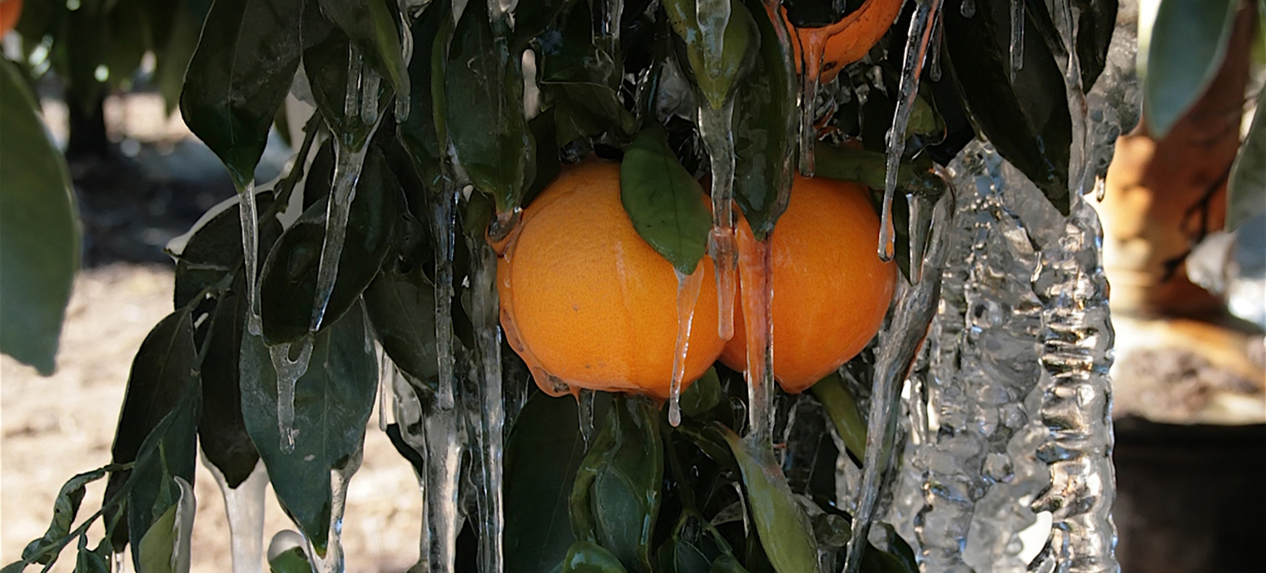The Lone Star State Is Unfortunately Exceptional
By Dee Vaughan
Texas is an exceptional state, and most Texans will be happy to explain why that’s so. Unfortunately, for this year, that term also applies to the bone-dry conditions that we’ve seen unfold over the last 12 months. Texas, it seems, is locked in what weather experts call “an exceptional drought,” something many parts of the state haven’t experienced since the dustbowl era.
Here in the Panhandle, it’s barely rained since October. And it’s been over 100 degrees for more days than most of us can count. I’ve heard there’s even a sign in Texas that says “Satan called, he wants his weather back.”
At times like this, with droughts here in Texas and historic flooding elsewhere, it’s not difficult to comprehend the inherent risks we face in agriculture. Luckily, Congress recognized long ago that in order to ensure a stable and safe food supply for the country, there needed to be farm policies in place to serve as a safeguard against damaging weather or wild market fluctuations.
Agriculture groups from throughout the state, representing banks, farm input providers, wheat, corn, cotton, rice and sorghum growers gathered in Lubbock recently to discuss the future of farm policies. The consensus of those of us in the room was that one of the most important of those policies — and the one that most farmers believe serves agriculture the best — is crop insurance.
Crop insurance is a great example of a public-private partnership that combines the strengths of both sectors and greatly amplifies the amount of good done by a modest government investment. For skeptics who thought that the flexibility and efficiency of the free market could never be combined with the universality and affordability of the public sector, this policy proves them wrong. In 2010, crop insurance was purchased for more than 80 percent of U.S. principal crop acreage, with 256 million acres under policies worth $80 billion in total coverage.
The government’s main role is to underwrite a portion of the individual premiums, making coverage more affordable and practical for farmers who greatly need tools to hedge their risks. The actual insurance policy agreement, however, is between the farmer and a private insurance company, ensuring that if disasters caused by Mother Nature or wildly fluctuating markets strikes, it is the private insurance company that is verifying the loss and paying the claim.
The program also contains the flexibility of private-sector solutions, because it allows farmers to tailor policies that fit their specific crops, location, and land conditions. This is a hands-on risk management tool tailored to the needs of the guardian of the land – the farmer – insured by private companies and delivered by private-sector agents.
But perhaps most importantly for those of us who farm, the crop insurance program has the efficiency and speed of the private sector when it comes to getting payments into the hands of those who have suffered economic loss. The crop insurance policy recognizes that farmers are often over-extended after planting and will be very short of cash in hand if a crisis hits until the harvest season comes.
We heard at the meeting this week from bankers that crop insurance not only hedges risk, but makes agriculture a more attractive investment for banks. In fact, banks love the crop insurance program, because it makes loans to farmers – a group who share a very high-risk occupation – much less risky. If it was not for the availability of crop insurance, many banks would be less inclined to offer farm loan programs, which could put many food and feed producers out of business.
One cotton grower in attendance noted that without the confidence crop insurance and other farm policies provide his lender, he would be unable to pursue his life’s dream: farming. And he’s glad those policies are in place right now. “This is a crop insurance year for Texas,” he told the group.
While it’s important for agriculture to shoulder its fair part of the pain, we need to recognize that it’s not only in farmer’s best interest, but in the best interest of consumers and the nation as a whole that farm policies remain adequately funded, and viable.
Hopefully, this exceptional drought will end exceptionally soon. If not, it’s good to know that most of us are covered by crop insurance and that food security programs will ensure that the harshness of nature that might steal our state’s harvest won’t also steal our farms.
Dee Vaughan is the current president of the Southwest Council of Agribusiness and the former president of the National Corn Growers Association. Vaughan farms corn, cotton, sorghum, soybeans, and wheat in the Texas Panhandle near Dumas, Texas.
This op-ed appeared in the Southwest Farm Press on August 29, 2011 and in the Lubbock Avalanche-Journal on September 11, 2011.
To listen to Vaughan’s interview discussing the need for crop insurance with the National Association of Farm Broadcasters, click here.


